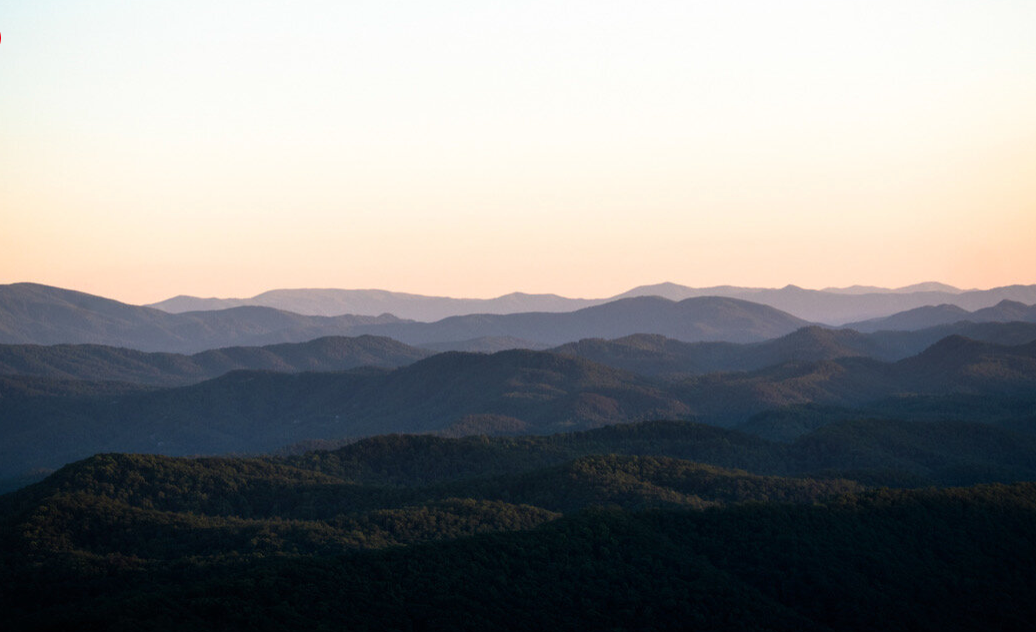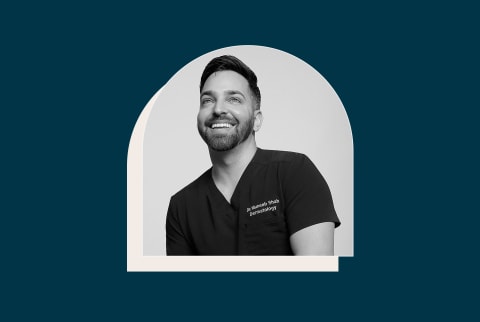
Originally published in Doré on 4/6/2020
A few years ago, a relationship I was in ended, I experienced a challenging transition in my career, and I turned 30. The confluence of these shifts left me feeling lost, unmoored, like an internal earthquake had occurred and I could no longer trust the ground beneath my feet. As a clinical psychologist, Adjustment Disorder or even Existential Crisis seemed a fitting description, but it was actually a healer I was seeing who provided me with what felt like the most apt diagnosis. He explained that from a spiritual perspective, I was experiencing a rite of passage known as “The Dark Night of the Soul.”
In the COVID era, I am reminded yet again of this concept, for dark nights typically occur during times of deep transition, when nothing seems to make sense anymore, when what used to give life meaning is questioned. Often an old self has to die – like a snake that sheds its skin – to make way for a new self to emerge. Yet, in between the old and new lies a terrifying emptiness; we cannot go back because the old self no longer exists, and we cannot move forward because a new self has yet to form. We have no choice but to wait, to surrender to the unknown, and be patient until we gradually grow into who we will become next. This liminal space – this metaphysical quarantine of the soul if you will – is the dark night, the dark night before the dawn.
While one usually endures a dark night alone, this particular night is unique as we are all in the dark together. This means that for many of us it’s not just dark, it’s also quiet. It’s still. Without rush hour commutes, without over-scheduled weekends filled with birthdays and baby showers, we are forced to sit in this space – literally – and face ourselves. The silence of the external, though at times deafening, affords us the opportunity to do the internal work, to thoroughly contemplate the questions inherent in all dark nights: What is most important to me? What brings my life meaning? What do I do next? Perhaps now, in the hushed silence of our great cities, in the vast quiet of quarantine-induced solitude, we may finally be able to hear our own answers.
I’ve found that for most – whether it be friends, family, or patients – there is only one answer that truly matters: love. This becomes particularly apparent in the face of mortality. In fact, my research suggests that the more we accept and acknowledge death, the more richly and fully we are able to love. While in our typical day-to-day, we tend to avoid or deny thoughts of death, the COVID-19 pandemic has suddenly and dramatically shifted our collective awareness. It has lifted the veil. Today, there is far less standing in between life and the truth of life’s fragility. If in the last month, we have been fortunate enough to not get sick or lose someone we love, we have most certainly ached, up at night, terrified of the thought. And in the process, the relationship between love and death has never been more clear. We know when we feel tears come to our eyes, overwhelmed with gratitude for the Zoom conversation we had with our aging parents who are, for the moment, safe. We know when we feel our hearts expand at 7:00 PM during the collective applause for the brave doctors and nurses who are sacrificing moments with their families to save ours. We know when we decide it’s finally time to reach out and call that friend we had a fight with long ago just to make sure they’re not feeling lonely, when we ask our siblings, “How are you?” and really mean it, when our eyes meet the delivery man’s above his mask and thank him for his continued work, when we lay in bed at night longing to be held. With inevitable mortality no longer denied, we crack open. And through those cracks pours a deep, rich, ferocious love, a humanity we may have lost touch with, but have had in us all along.
I am well aware that some of us are not in silence at all, but instead are overwhelmed by a cacophony of noise, carrying the weight of the world’s healing work on tired shoulders or fighting for a final breath. But, for those of us waiting in the dark, our job – our primary job – is to love. Then and only then, can love be the anchor for the new self that emerges from this long night, burning brightly within each of us, lighting the path forward.








